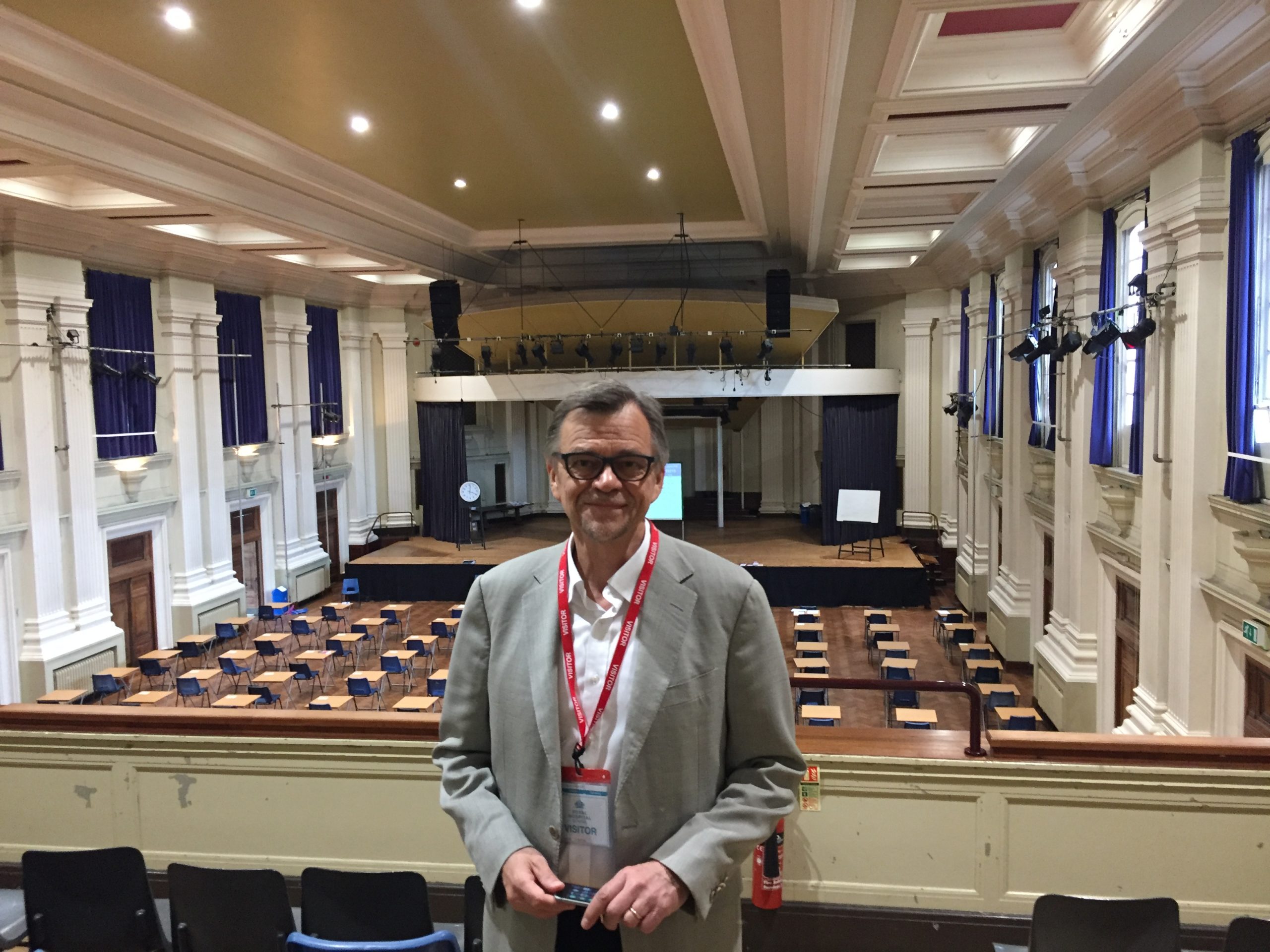Why we should explore – David Crouch (former pupil)
After leaving RHS in 1972 and completing his schooling locally, David Crouch decided to spend a gap year in Germany. Now living in Japan, he puts the case for experiencing working life overseas and learning a foreign language or two. Here is what he has to say…
When struggling with French at school, I never imagined I would end up spending most of my adult life overseas and conversant in two new languages – German and Japanese. Along the way I’ve learned that language learning needn’t stop at school and it needn’t start there – and that a great place to learn is in a country where the language is spoken.
The decline in the number of UK pupils studying a foreign language over the last 20 years is actually a great reason to buck the trend and learn a new language – there are now far fewer people in the UK workforce who can converse with overseas customers and suppliers in their own language. And a basic rule of economics is that when the supply of a commodity falls, its price goes up. Put simply, your job opportunities and earning potential will be much higher if you speak more than one language.
But there are other reasons to consider living overseas for a spell. For a start, learning the language and gaining insights into the culture of another country will challenge the basic assumptions about life you’ve grown up with and will equip you with the ability to see other people’s perspectives and points of view – another important skill that you’ll find sadly lacking in many workplaces. And acquiring those language skills is easier than you think!
As an example, Japanese might seem daunting on account of its writing system but it is easy to pronounce and grammatically straightforward, with none of the verb declensions and tenses prevalent in English and many European languages. The Japanese and the Chinese do not feel the need to differentiate between “a car” and “the car”; conversely, like many Europeans, they are astonished that English-speakers use the same word “you” when talking to children and adults or to strangers and loved ones. Experiencing other people questioning things that you take for granted is another great preparation for adult life!
As pupils graduating from school in the next few years you will have opportunities to travel and experience life in other countries that were unthinkable a generation or two ago. While that might make getting there less of a challenge, the experience once you arrive will be just as rewarding. Start by taking a gap year and by planning it and organising it yourself. Consume the language and find work in your host country. Get used to people around you not thinking always as you do.
The time you spend away from the educational system will give you a better understanding of yourself and the kind of work you’d like to do. Go to university and out into the workplace equipped with that experience and you won’t look back! Employers love candidates who are used to unfamiliar environments and able to consider new ways of approaching problems. And if you’re looking for benefits beyond your own employment prospects, consider that in an age of rising nationalism and populism, you’ll be helping to improve mutual understanding.
-David Crouch















Post Comment
You must be logged in to post a comment.